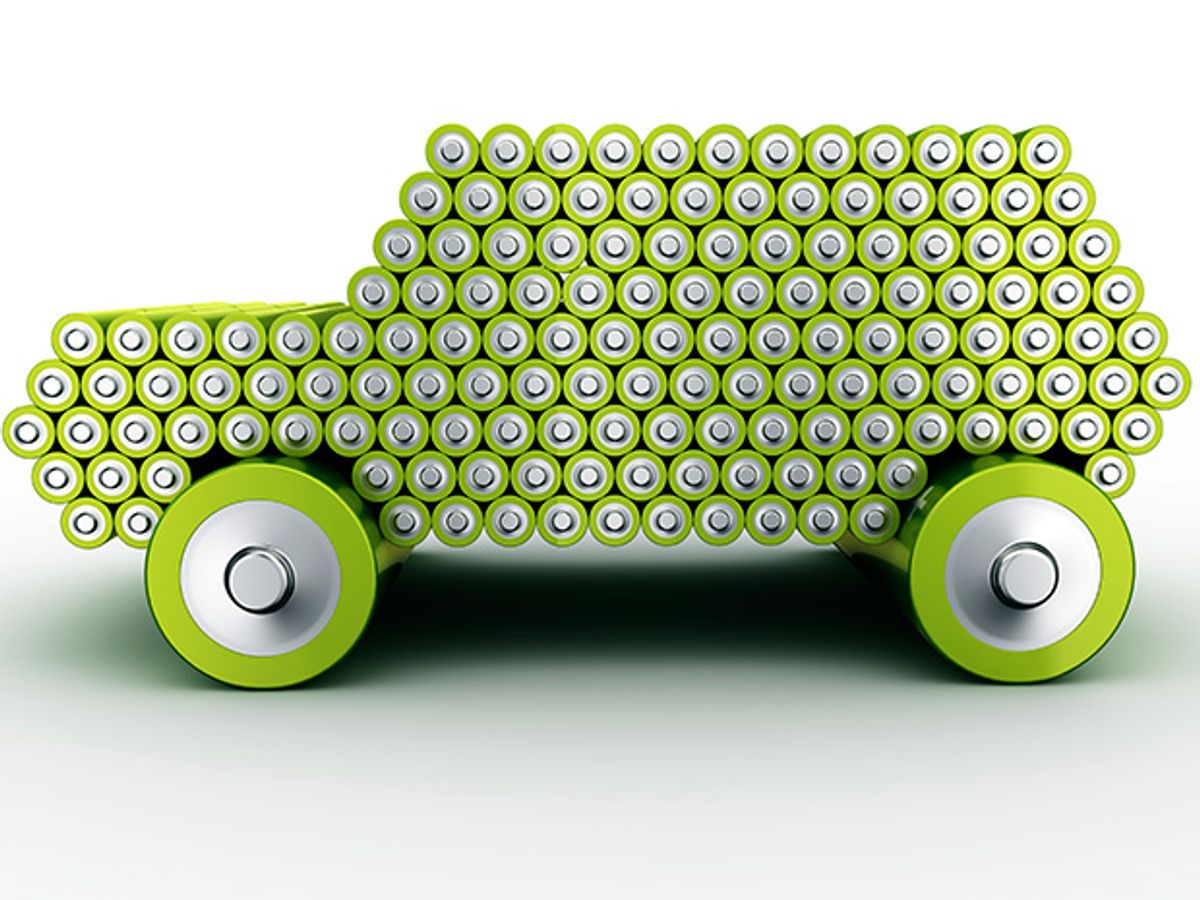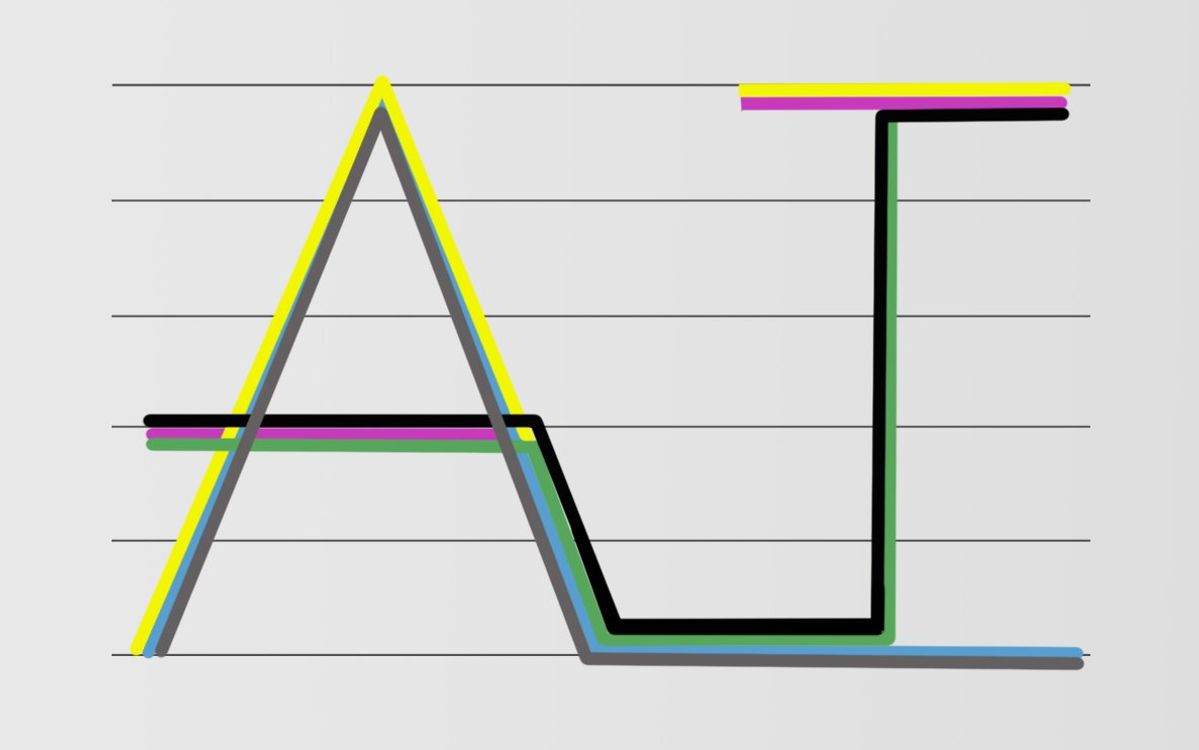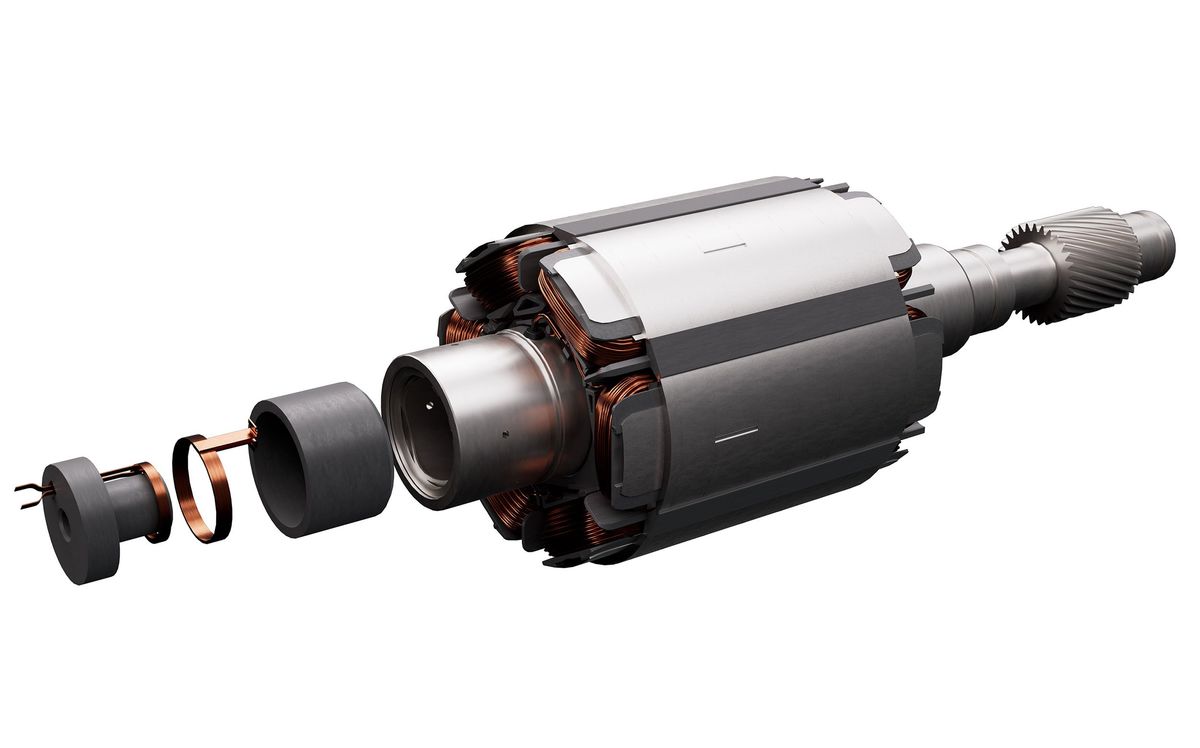Self-driving features could prove a smart move for electric vehicles even before fully robotic cars roam the streets. Self-parking and other autonomous features allow such cars to have a longer driving range with existing batteries, analysts say. Or instead, electric vehicle manufacturers could build future cars with the same range but smaller batteries that save on manufacturing costs.
Autonomous features could potentially extend the driving range for the existing Tesla Model S plug-in electric car by 38 kilometers on top of the vehicle’s existing 380-kilometer range per charge, according to Lux Research analysts. Alternatively, Tesla Motors could save US $1,800 on manufacturing costs by using smaller batteries in future versions of Tesla Model S sedans that retain the current 380-km range. The data is from a report Lux Research published on how self-driving car technology could benefit electric vehicles.
“For the model we estimated 10 percent efficiency improvement due to driverless features which enable vehicles that can cover the same distance with smaller batteries—saving money, weight, and space,” says Maryanna Saenko, Lux Research Analyst and lead author of the report. “Alternatively for the same battery size, the EV’s range could be increased with the implementation of the same autonomous features.”
The same efficiency gains based on self-driving features could slash battery costs by $780 for the Nissan Leaf, or add 13 km to the electric car’s 120-km range. If they choose to combine self-driving features with smaller batteries, Nissan could potentially sell future cars with the same capabilities as today at a lower price.
The Lux Research report points out that self-parking electric vehicles by Tesla and BMW will begin to hit the market in 2016. It also estimates that the number of self-parking cars could grow from 20,000 to 440,000 by 2020 as the price drops and the benefits of the technology win over more customers. (Tesla has been gradually updating its self-driving features with its Autopilot software.)
Self-parking technology could also boost charging efficiency when wireless charging begins to appear in electric cars, analysts said in a press release. The Audi Q7 E-tron Quattro plug-in hybrid is scheduled to debut with wireless charging starting in 2016. Availability of self-parking features could ensure that a parked car is always properly aligned for the best wireless charging efficiency.
But the growing use of self-driving features in electric cars would also create a need for redundant batteries to safely power those features. Lux Research estimates that future electric cars with 1-kilowatt-hour batteries dedicated to such features could generate $2.5 billion in additional lithium-ion battery sales in 2030.
Jeremy Hsu has been working as a science and technology journalist in New York City since 2008. He has written on subjects as diverse as supercomputing and wearable electronics for IEEE Spectrum. When he’s not trying to wrap his head around the latest quantum computing news for Spectrum, he also contributes to a variety of publications such as Scientific American, Discover, Popular Science, and others. He is a graduate of New York University’s Science, Health & Environmental Reporting Program.



